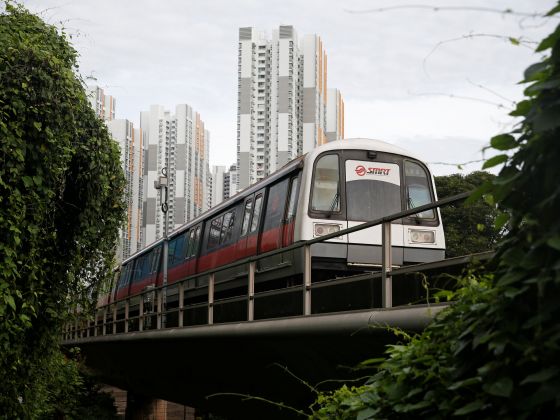
Singapore's transport operator SMRT announced the launch of a new taxi sharing scheme on Thursday that will allow drivers to rent taxis by the hour instead of a daily rate. According to reports, this is an effort to entice more inactive taxi drivers to get back to work as an estimated 50 percent of the 100,000 Taxi Driver Vocational License (TDVL) holders are actually inactive.
"The scheme also allows us to tap on a large number of inactive TDVL holders and have taxis on the road according to commuter demand," Tony Heng, managing director for SMRT taxis and private hire services, told Channel NewsAsia.
The drivers will have to book a vehicle for a minimum of three hours under this scheme. The taxis will be parked at selected locations and the drivers with a valid TDVL can take it on rent. The drivers will be able to pick up and drop off taxis at about 20 locations in the North and Central part of Singapore during the initial phase of the scheme.
SMRT said at present 95 percent of 3,500 taxis are already on the roads, adding that the remaining taxis will be channelled to the scheme soon. Based on the demand, the service can also be increased, said the operator.
The rental charges for these taxis will range from S$5.80 per hour to S$12.80 an hour and for the first month, there will be a promotional offer rate of S$3.80 an hour. Currently, the full-time drivers pay between S$108 and S$125 to rent a taxi per day, before incentives.
SMRT Taxis said the roll-out will offer greater flexibility to its drivers and will also increase taxi availability on the road. They said if compared to full-time driving, the drivers will now "have the flexibility of not having to buy season parking for the vehicle or find a relief driver to share the cost of the rental".








